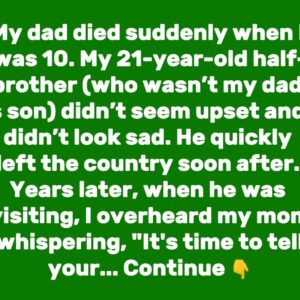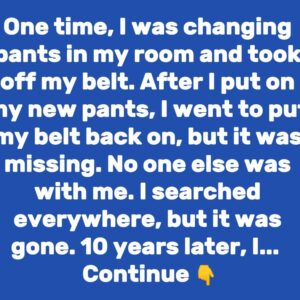n a revelatory discussion on Megyn Kelly’s show, the spotlight turned to Fani Willis, featuring a critical analysis by Phil Holloway who dissected the potential implications for Willis should it emerge that she lied under oath.
The segment was catalyzed by a soundbite of Ashleigh Merchant, as she was questioned by the Georgia Senate about the repercussions of lying under oath. Merchant’s response was unambiguous, clarifying the gravity of the offense: “It’s a crime. It’s a felony. You’d lose your license. Perjury.”
Holloway delved deeper, outlining the stark penalties tied to perjury and the violation of an oath of office. “It’s a felony offense. It carries up to five years in prison. Perjury is also a felony. You can get disbarred for lying to the court,” Holloway explained.
The possibility of a criminal inquiry into Willis’s conduct has been a focal discussion. They hinted at the potential for accessing Willis’s communications as part of the probe, with Holloway saying, “Even if they’re deleted, law enforcement can still get them.”
WATCH:
Ashleigh Merchant, the intrepid attorney for a Trump co-defendant who broke the allegations of an affair between Fani Willis and Nathan Wade, indicated on the stand that she believed Willis met with Vice President Kamala Harris at some point during her investigation into Trump.
Republicans in Georgia launched an inquiry into possible ethical violations by Willis, not only for her romantic relationship, but also for the potential misappropriation of funds from other departments in order to fund her case against Trump.
Republicans in the U.S. House, led by Rep. Jim Jordan (R-OH), also launched a similar probe of Willis’ handling of federal funds and inquired as to whether she coordinated her indictment with Biden Justice Department special counsel Jack Smith.
Elsewhere in her testimony, Merchant chronicled a witness’ recounting of the timeline of an affair between Willis and Wade. One individual, she said, confirmed they met at a conference while Wade was still married and according to his attorney “was still upset at what happened in the divorce.”
Holloway went on to argue for the necessity of an independent investigation. “We need somebody with full subpoena power, with full ability to get search warrants to be able to get to the bottom of all of this because the integrity of the system depends on it.”
Kelly and Holloway also discussed the ethical underpinnings of the legal profession, stressing the importance of candor and ethical conduct. Kelly highlighted the dire consequences of ethical breaches: “You either are going to be ethical or you’re not. And if you’re not, you are not going to be an attorney. Not for long.”
If the allegations of perjury and ethical violations against Willis are substantiated, it could spell significant repercussions for her career and serve as a cautionary tale.
Superior Court Judge Scott McAffee is currently deciding Willis’ fate after closing arguments in the disqualification case were heard this past Friday. McAffee indicated that a decision will be coming within two weeks.





